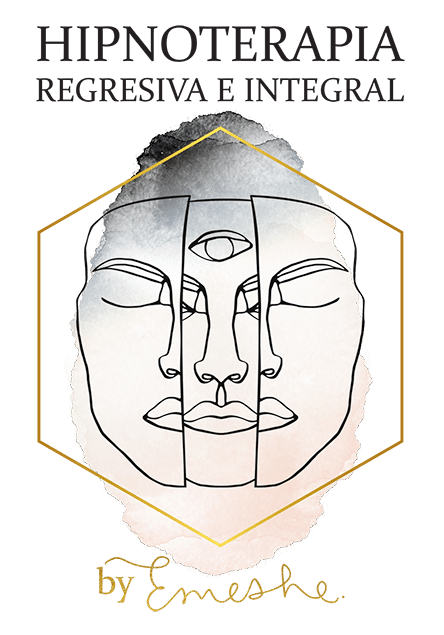Frequently asked questions
There are many myths and misperceptions about hypnosis and hypnotherapy. Most of them revolve around the fear of losing control and doing something foolish or being taken advantage of. Due to these common misunderstandings, many people have questions or even concerns about this wonderful and successful healing modality.
Its bad reputation comes directly as a result of movies and shows that portray hypnosis in a scary or ridiculous way. This couldn’t be further from the truth though.
Actually, it reminds me of a little joke well known in “inner hypno-circles” that I can’t resist telling you. Not because it’s so funny, but because it’s relevant now:
-How many hypnotherapists does it take to change a light bulb?
-Only one, but the bulb has to want to be changed!
Either way, it’s natural to have questions about the topic if you’re not familiar with it. Here are some of the questions I am most frequently asked about hypnosis.
People commonly experience an extraordinary sense of physical relaxation while mentally being focused and aware.
You’ll probably remember everything. Occasionally, a person may “drift away” during a portion of the session by the pleasant relaxation, but contrary to popular belief, it is common and natural to remember what is happening during hypnosis.
Once upon a time it was believed to be true. We now know that this idea was based on the limited understanding and techniques of the past.
The truth is that almost anyone who wants to can be hypnotized, as long as their hypnotherapist is skilled enough. Hypnosis is a universal human experience.
No. You are in control while you are in hypnosis. You can always choose to accept a hypnotic suggestion or reject it.
No. If a person in hypnosis is left alone, they spontaneously return after a while, just as a daydreaming person returns naturally from their dream. At most, a person in hypnosis might fall asleep and then wake up naturally.
Yes. Hypnotherapy is an evidence-based modality and there are literally thousands of scientific studies validating its effectiveness for both physical and psychological problems.
Specific methods developed by the Hypnotherapy Academy of America, of which I am a graduate, have recently been studied in the treatment of Overactive Bladder Syndrome. The academy’s methods proved to be just as good, and in many cases better, than the drugs for that condition.
CLICK HERE for more details on that study.
Yes. Many professional organizations have recognized the therapeutic potential of hypnosis including:
– The American and Canadian Psychological Associations
– The American Psychiatric Association
– The American, Canadian and British Medical Associations
Hypnosis is a natural state of mind with numerous health-promoting characteristics.
It is natural in the sense that every human being experiences it on various levels and several times every day.
For example, the time just before falling asleep and just before waking up is recognized as a deep trance state (theta wave), while daydreaming, driving on your mind’s autopilot, or watching television are considered lighter trance states (alpha wave).
Hypnosis is essentially a synonym for the word trance and refers to the modification of brain wave activity to access the deeper mind structure for healing and resources.
Trance is an altered state of consciousness in which the deep mind can be accessed for healing and resources. It is the basis for carrying out effective therapeutic work.
Pure and focused mind power. It is the use of hypnotic trance states to access a deeper mind for resources and also to edit, modify or replace any old, negative programming and change it to a new and positive one to achieve the desired result.
A hypnotherapist is a qualified person who uses hypnotherapy as a healing modality. SHE J helps you access the hypnotic trance state of mind and uses it to your advantage.
IMPORTANT: When choosing your hypnotherapist, make sure that they have obtained the necessary education and appropriate qualifications through a reputable and recognized institute or academy that prepares its graduates with extensive skills and training in professional ethics.
